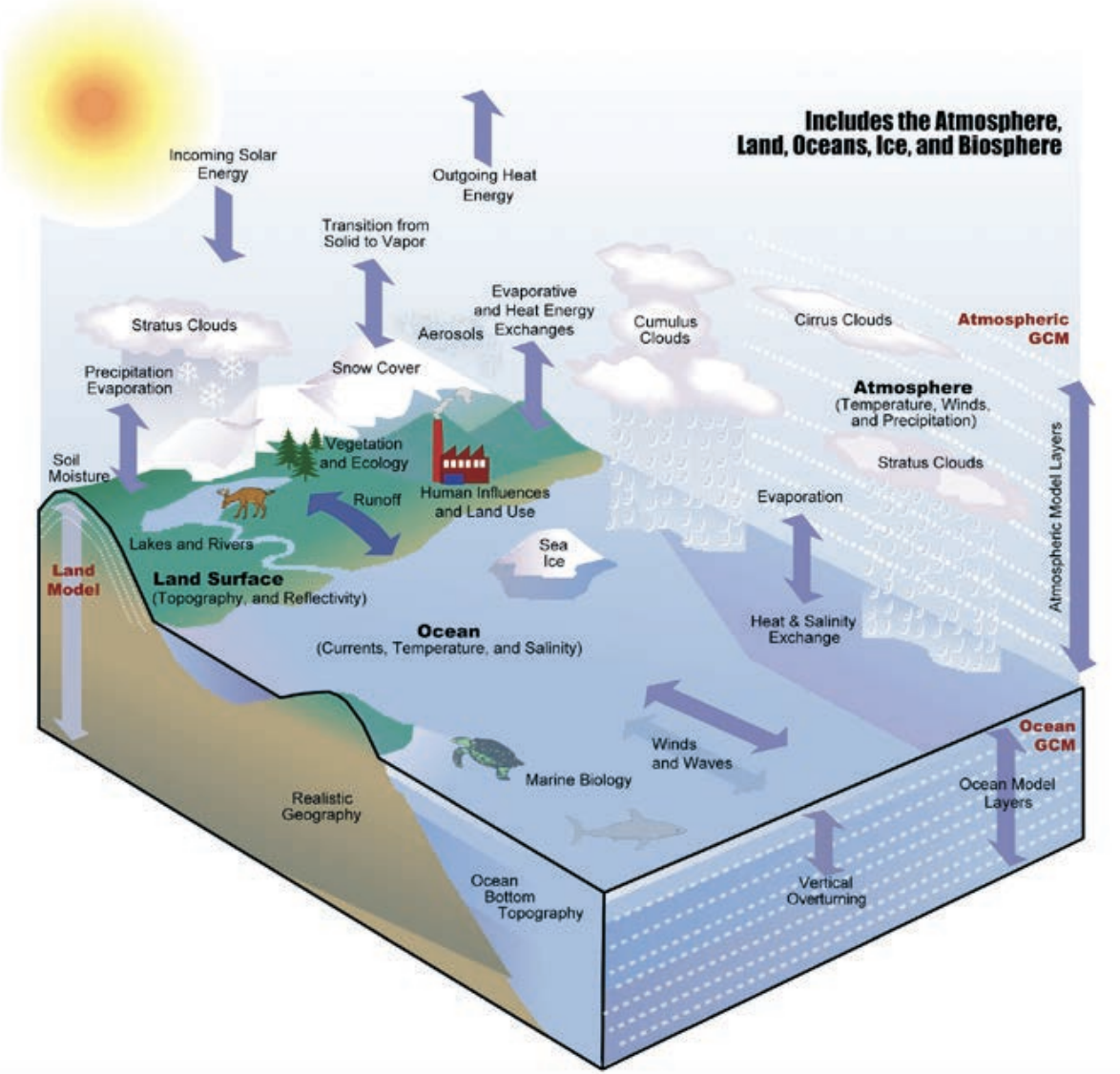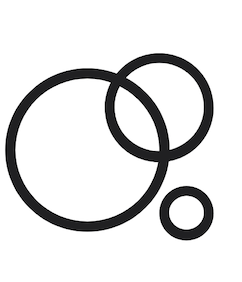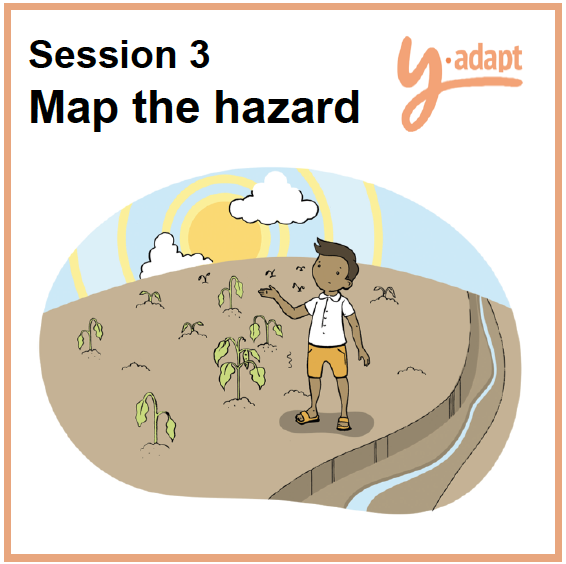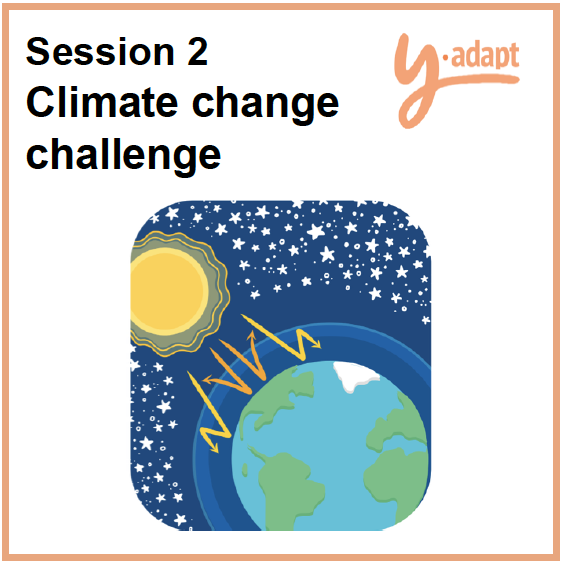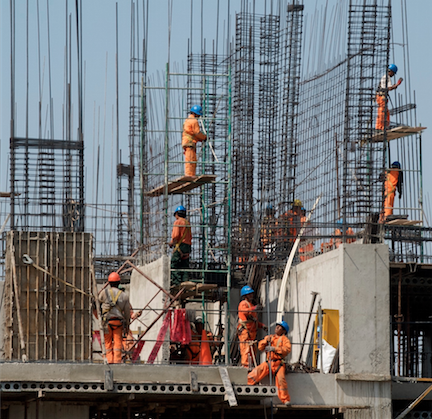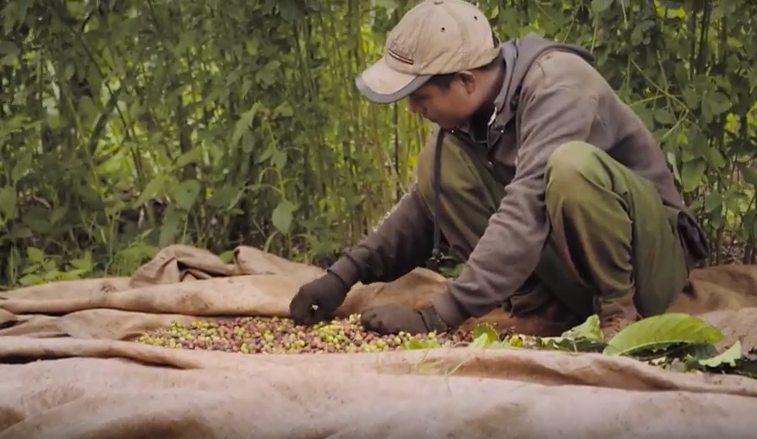greenhouse gas emissions
Low Emissions Analysis Platform (LEAP)
LEAP, the Low Emissions Analysis Platform, is a widely-used software tool for energy policy analysis and climate change mitigation assessment developed at the Stockholm Environment Institute.
Climate Models: What They Show Us and How They Can Be Used in Planning
Explore this guide from the Future Climate For Africa programme which provides a primer on global climate models (GCMs) and how to use them in planning.
Near-term warming and our chances of staying within 1.5°C of global warming
Depending on how the climate system responds, greenhouse gas emissions could still cause more - or less - warming than the best estimates from the latest climate models.
SENSES Toolkit for Climate Change Adaptation
The SENSES Toolkit, developed in the EC SENSES project, offers a range of modules for finance, policy and regional decision makers to learn about and explore climate change scenarios.
Session 3: Map the Hazard
Critical thinking challenge to map out extreme weather and its impacts on different societal groups. Voting determines the most frequent and impactful hazards in the local community.
Session 2: Climate Change Challenge
A playful session that demonstrates weather compared to climate, leading into an energetic game that teaches about the greenhouse effect, global warming and climate change.
Transport Toolkit: Developing strategies for clean, efficient transport
The LEDS GP Transport Toolkit aims to support development planners, technical experts, and decision-makers at national and local levels to plan and implement low emission transport systems.
Forging low emission development paths in Latin America & the Caribbean
This publication from the LEDS GP’s Subnational Integration Working Group and LEDS LAC investigates the multi-level dynamics, from local to national level, that underpin low emission action in LAC.
Enhancing economic benefits and resilience through pyrolysis based coffee drying
Pyrolysis technolgy offers significant economic beneftis to farmers and processors by providing energy that can be used for drying, and biochar, a natural fertilizer and soil enhancer.
Climate, Environment and Disaster Risk Reduction Integration Guidance (CEDRIG)
CEDRIG is a practical and user friendly tool developed to systematically integrate climate, environment and disaster risk reduction into development and humanitarian aid.

